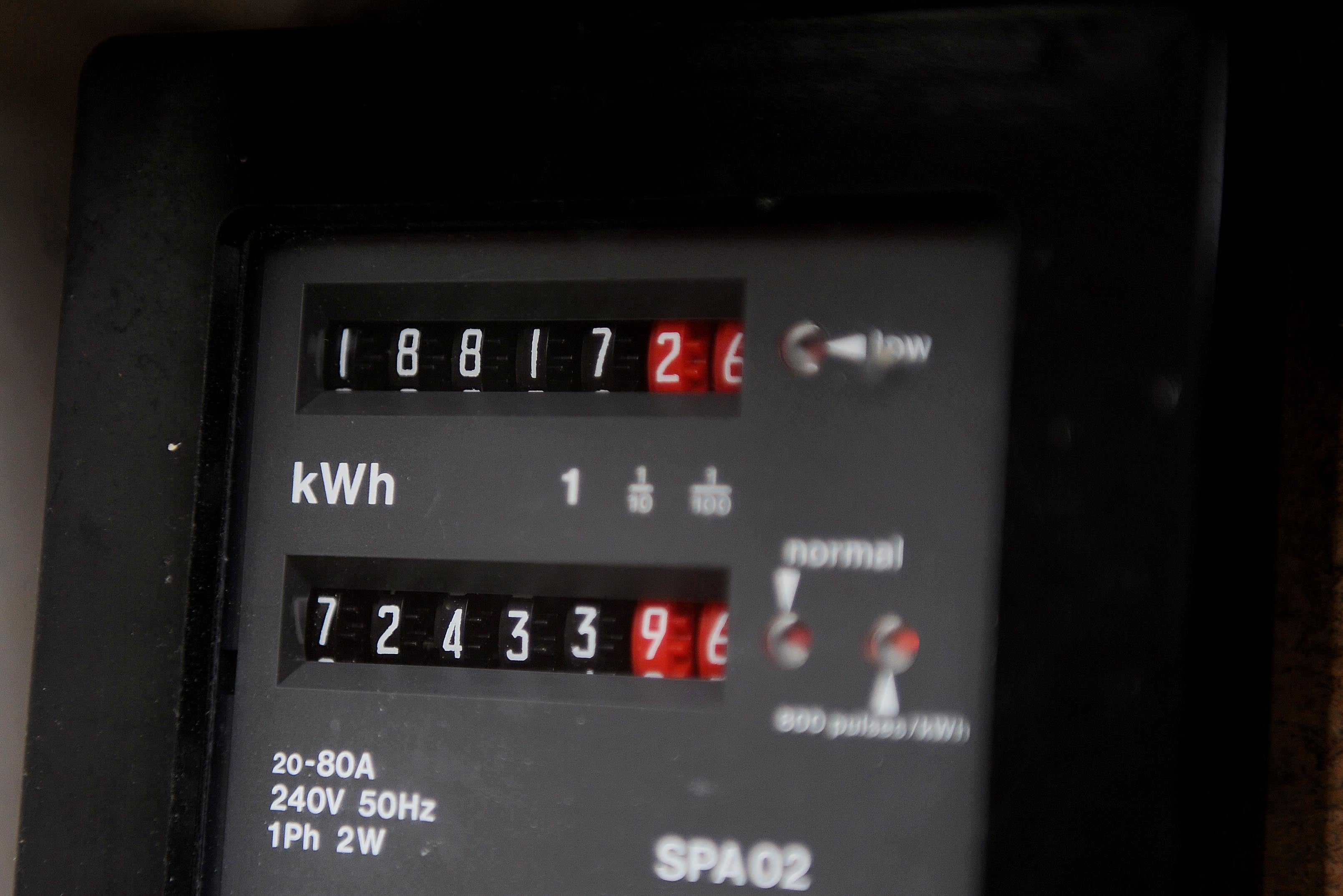There is little goodwill to be found in the Shell overcharging compensation package
Every penny counts to those who have no option other than a prepayment meter. To overcharge them is unconcsionable, argues James Moore


For overcharging 11,275 prepayment customers, Shell has received the equivalent of a (in my view, very light) slap on the wrist.
Except, even that description severely overstates the limpness of a settlement which sees one of the world’s richest companies paying “goodwill” payments – averaging just £2.74 to the customers it wronged. Yes, you read that right. Let’s run through the numbers.
The oil giant’s retail energy arm will pay £536,970 in total, made up of £106,000 in refunds, £400,000 to the watchdog’s “voluntary consumer redress fund” and £30,970 in “goodwill payments” to the 11,275 affected customers.
Now, as you can see from those figures, the average overpayment is not huge. It comes to £9.40 per customer.
But here’s the thing: people with pre-payment meters will often be the poorest customers an energy company has. These are people for whom every penny counts. You generally only have such a meter if it is the only option.
That £9.40? It might be two or three skipped meals for people who are already struggling to put food on the table.
As for the “goodwill” payments? Where’s the goodwill in £2.74? It’s good for, say, four tins of supermarket own brand soup. Perhaps the affected customers could stash them away for the winter, when they’ll probably have to eat them cold because, in the absence of rapid action from a Conservative government apparently bent upon tax cuts to cheer up its wealthy members, there’s no way they’re going to be able to pay for the energy needed to heat them up.
You want to know why there’s always such a furore when Shell racks up record profits? Like the $11.5bn (£9.7bn) in “adjusted” earnings it reported in the second quarter, which had the City cheering? It is the dichotomy between those eye-popping numbers and that “goodwill” payment, the total of which is the equivalent to what Shell made every 23 seconds.
If you want to get really good and cross, you could also compare it to the remuneration of Shell’s chief executive officer (CEO) Ben van Beurden, who made €7.4m last year, a 26 per cent increase over the previous year, which is rare pay rise capable of covering the recipient against the UK’s rampant inflation. The package comes in at £6.25m in sterling terms.
So much for goodwill. At this point, people will point out that Van Beurden is Shell’s group CEO and the $11.5bn it made is a global figure covering the group’s businesses around the world. So what?
It only reinforces the point that Shell Energy should have the resources available to it to ensure that its systems work and are compliant with Ofgem’s energy price cap. Shell can – and should – do better by its lowest-income customers. It can, and should, compensate them fairly when it fouls up. But the former applies to Ofgem too.
People on prepayment metres already pay what is known as the “poverty premium”. The best deals are unavailable to them. When the paper thin protection of the price cap falls away – whether as a result of “operational errors” or something – it ought to be taken more seriously by a regulator that serves as the consumer’s last line of defence.
“In determining this redress package, we have considered the additional financial hardship that this issue may have placed on prepayment customers, especially when energy prices are at historic high levels,” said Ofgem.
That’s the sort of paragraph signed off on by someone with only an intellectual understanding of what it means to be poor.
Ofgem points out that Shell self-reported the matter, but again, so what? It is expected that regulated companies will self-report failings in whatever sector they operate. It goes with the territory. As mitigation, this is weak indeed.
Britain has not been well served by the privatised energy market or the energy companies which make it up. But isn’t that partly down to its regulator?
Those companies really do need their feet holding to the fire because we are now at the stage when overcharging could potentially quite literally turn into a life or death issue for those on the receiving end.






Join our commenting forum
Join thought-provoking conversations, follow other Independent readers and see their replies
Comments